Menu
Close
CMHA Thames Valley Addiction & Mental Health Services recognizes National Addictions Awareness Week
Nov 19, 2021
From November 21 – 27, CMHA Thames Valley Addiction and Mental Health Services will join with the Canadian Centre on Substance Use and Addiction (CCSA) and addiction prevention, treatment and recovery organizations across the country to mark National Addictions Awareness Week.
This years’ theme for National Addictions Awareness Week is Driving Change Together, emphasizing how Canadians can collaborate as a community to create change and shape a brighter future for people who use substances.
We offer several substance use and harm reduction programs, including but not limited to:
- Harm Reduction 101: A two-hour workshop offered monthly that discusses topics like Overdose Prevention, Good Samaritan Drug Overdose Act, safer drug use, and safer sex. Next workshop is December 16.
- Substance Use Program: Designed to improve the health, social outcomes and quality of life of individuals with substance use concerns through direct client services.
- Overdose Prevention and Education Workshop: A two-hour workshop on overdose awareness and prevention training with a focus on alcohol, opioids, benzodiazepines and stimulants.
- Substance Use Outreach Program: Staff will meet clients within the community in a mutually agreed upon location to provide brief solution-focused therapy and support clients by minimizing or eliminating barrier(s) to attending services at one of our sites.
- Community Opioid Addiction Program: Provides a confidential, client-centered, harm reduction and community-based approach to working with individuals who have significant current or historic use of opioids and/or opioid substitution therapies.
- Addictions Supportive Housing: A program designed to assist individuals who have trouble maintaining housing due to their substance use and are looking to make positive changes in their life.
To help, CMHA is sharing concrete ways in which Ontarians can help reduce the harms of substance use:
1) Use person-first language which focuses on the individual, not on the substance use. Language used is an important factor in reducing stigma and breaking down negative stereotypes associated with substance use disorders. By using non-stigmatizing language, those who are experiencing challenges may experience fewer barriers to accessing supports. CMHA Ontario has developed a one-page primer on talking about substance use to help.
2) Understand that substance use is on a spectrum. Substance use ranges from abstinence to dependence. People who use drugs may be anywhere on the continuum of substance use. No matter where they are on the continuum, access to help will help reduce harms of substance use.
3) Learn about harm reduction strategies. Harm reduction is an evidence-based, client-centred approach that seeks to reduce the health and social harms associated with substance use, without necessarily requiring people who use substances from abstaining or stopping. We engage in harm reduction in our everyday lives to minimize a risk, such a wearing a helmet when riding a bike or enforcing seatbelts when driving a car. One substance use harm reduction strategy every average person should know is how to prevent death from opioid overdose. CMHA Ontario has developed an easy-to-understand resource to help identify the signs of an opioid overdose and how to deliver life-saving naloxone.
4) Support safer supply approaches. The unregulated street drug supply is highly toxic with unexpected, increasingly potent opioids that cause accidental fatal overdoses. We can save lives by offering safer supply programs. Learn more about safer supply here.
5) Know where to find help. If you or someone you care about wants help for changing their drug use, help is available. Contact our intake team via email or at 519-673-3242 x 281 or call ConnexOntario at 1-866-531-2600.
Want to help raise awareness? Please feel free to download, print and post this great poster from the Canadian Centre On Substance Use and Addiction! Available here.


